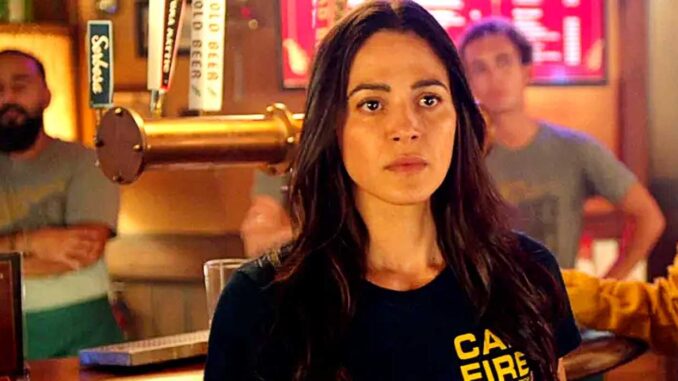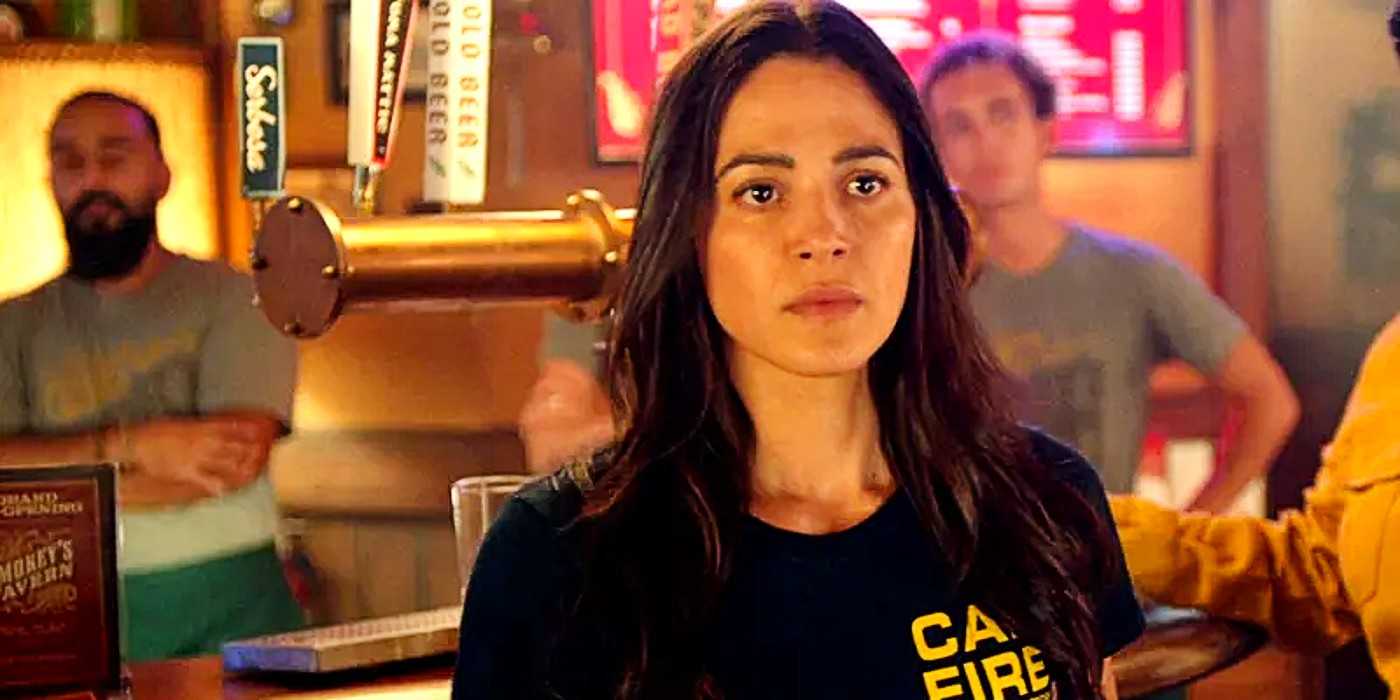
The Echo of an Empty Space: When Gabriela Left ‘Fire Country’
The digital world, a vibrant tapestry woven with speculation and fervent hope, held its breath. Then, a collective gasp rippled through the online communities, a tangible sorrow that transcended the screen. “It’s Official: Gabriela Is Gone From ‘Fire Country’ And Fans Are Heartbroken.” The headline, stark and uncompromising, wasn’t just an update; it was a pronouncement, a eulogy for a character who had, for many, become a living, breathing part of their Friday nights. This wasn’t merely a plot twist; it was a narrative amputation, leaving a phantom limb of longing in the hearts of those who had invested so deeply in her story.
Gabriela Perez, from her very first scene, was more than just a character; she was a beacon of resilience, an unwavering spirit navigating the high-stakes world of wildland firefighting. A former Olympic diver, she brought an athlete’s discipline and a paramedic’s compassion to every crisis. But beyond her professional prowess, it was her personal journey – her struggles with family expectations, her burgeoning independence, and most significantly, her tumultuous, undeniable chemistry with Bode Donovan – that truly endeared her to viewers. She was the anchor to Bode’s storm, the promise of a stable future in a life perpetually teetering on the edge. Fans, myself included, clung to the fragile hope that their “Bodesola” endgame was not just a possibility, but an eventuality, a reward for enduring the narrative’s countless heart-wrenching almosts.
The very word “official” carried a gut-punch. For weeks, whispers had turned to shouts on social media, theories spun like elaborate spiderwebs around every cryptic cast post or slight narrative shift. Was she leaving? Was it temporary? Could there be a way back? Fans, armed with screenshots and meticulous re-watches, debated with the passion of legal scholars. This fervent engagement is the lifeblood of modern fandom, a testament to the parasocial relationships forged between viewers and their fictional heroes. But then came the pronouncement, delivered with the finality of a gavel. The dam of speculation broke, replaced by a flood of grief. Threads erupted, not with anger at the writers, but with shared sadness, a communal wailing wall of broken fan theories and shattered expectations.
This heartbreak isn’t merely for a character on a screen; it’s a lament for the stories that will now never be told, the milestones unreached, the quiet moments of domestic bliss that were once so vividly imagined. For many, Gabriela represented a specific narrative future for Bode, a path to redemption and happiness that now seems irrevocably altered. Her departure pulls the rug out from under the show’s romantic core, leaving a void that feels less like an open wound and more like an empty space where something precious used to reside. It’s the ache of seeing a favorite song end mid-chorus, the frustration of a carefully constructed puzzle losing a vital piece.
The illustrative power of this moment lies in its stark reflection of the human need for connection and resolution, even in fictional realms. We invest our emotions, our hopes, and our time into these narratives, allowing characters like Gabriela to walk alongside us, to embody our aspirations and fears. When they are suddenly, officially, gone, it’s a potent reminder of the ephemeral nature of storytelling and the inherent vulnerability of surrendering our hearts to a world that isn’t real. The heartbreak over Gabriela’s departure isn’t a sign of irrationality; it’s proof of fiction’s profound power, a testament to the invisible threads that bind us to the tales we love, and the real sorrow we feel when those threads are irrevocably cut. The echo of her absence will resonate through ‘Fire Country’ for a long time, a constant reminder of the heart that once burned so brightly at Station 42.

